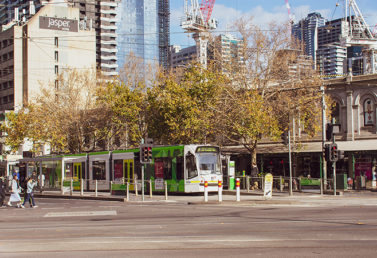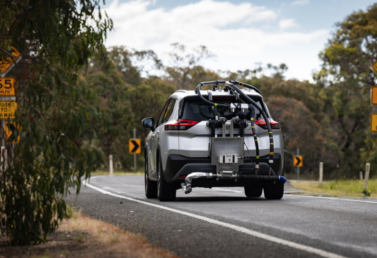The AAA welcomes the release of the Inquiry into the National Road Safety Strategy report as a new direction in road safety practices to drive a reduction in deaths and injuries on Australian roads.

The AAA welcomes the release of the Inquiry into the National Road Safety Strategy report as a new direction in road safety practices to drive a reduction in deaths and injuries on Australian roads.
The AAA supports the report’s findings. We call on the major political parties to urgently respond to the report and prioritise road safety in government decision making and funding.
The Inquiry’s report shows that Australia cannot wait for action on road safety. It makes it clear that improvements to the nation’s road safety performance have stalled.
Each year across Australia more than 1,200 people are killed in road crashes. At least another 36,000 people need hospital treatment, and many of these face life-changing injuries.
AAA Chief Executive Michael Bradley said: “We must do better.
“In 2013 and 2014, road deaths fell below 1,200 a year for the first time. But in 2015, the toll began rising again and the AAA’s Benchmarking of the National Road Safety Strategy Report shows that 1,225 people died on our roads in 2017. We urgently need to reverse this tragic trend.
“The Inquiry’s comprehensive report is a wake-up call to all politicians. The AAA agrees with the report’s argument that federal and state governments must deliver more leadership, more resources and a more intense focus to curb our road toll.
“Our current road safety strategies aren’t working. We will not make progress in improving road safety until out political leaders recognise this. As the report states, Australia needs a ’transformative approach to road safety’.”
The AAA will work closely with its member clubs and other like-minded organisations to advocate for a full response to this report and for real action on road safety in the lead-up to the forthcoming federal election.
The AAA thanks the Co-Chairs Associate Professor Jeremy Wooley and Dr John Crozier for their leadership and drive in producing this comprehensive report, and to their advisers Lauchlan McIntosh AM and Rob McInerney for helping to bring the report to fruition. We also thank former Minister for Infrastructure and Transport Darren Chester for his willingness to listen to road safety advocates and for initiating this Inquiry.
Please see below for a list of the Inquiry’s 12 recommendations.
The final Report can be accessed at this link.
Recommendations

The latest AAA Transport Affordability Index reveals transport cost rises exceeded the consumer price index not only in the September 2023 quarter but also over the 12 months to the end of September.
read more
Initial results of Australia’s first program to test vehicle real-world performance show the cars tested use up to 13% more fuel on the road than they did in lab tests reported by manufacturers.
read more
The quarterly update of the AAA’s EV Index shows the Australian new vehicle market continuing to change.
read more